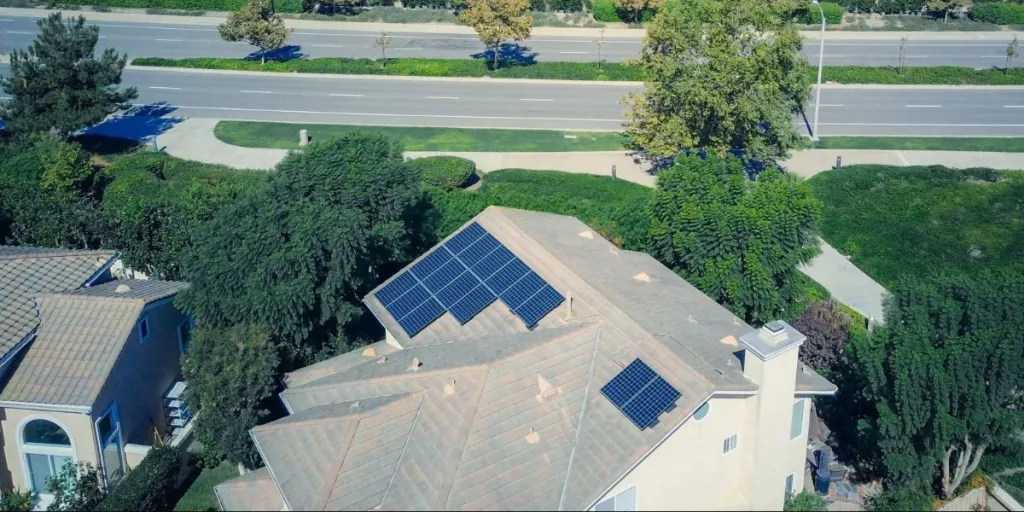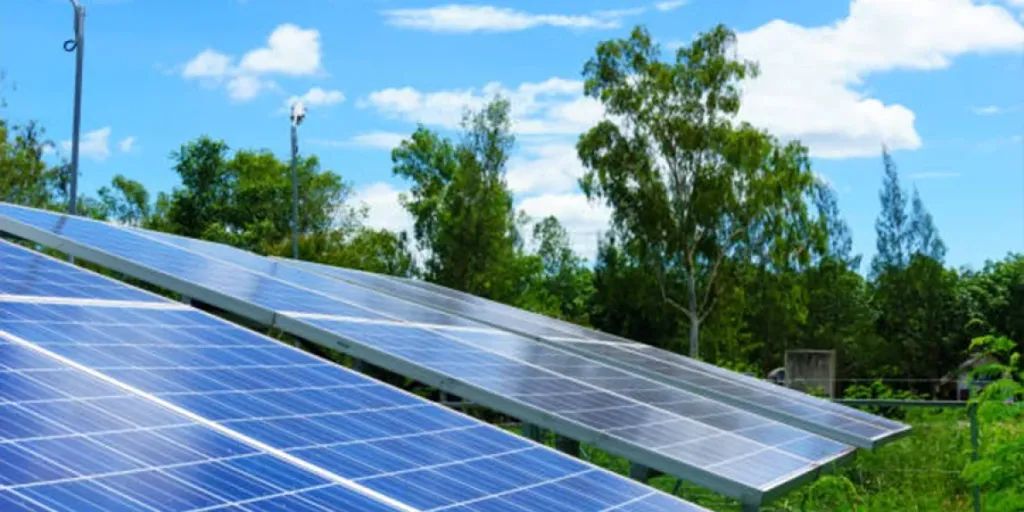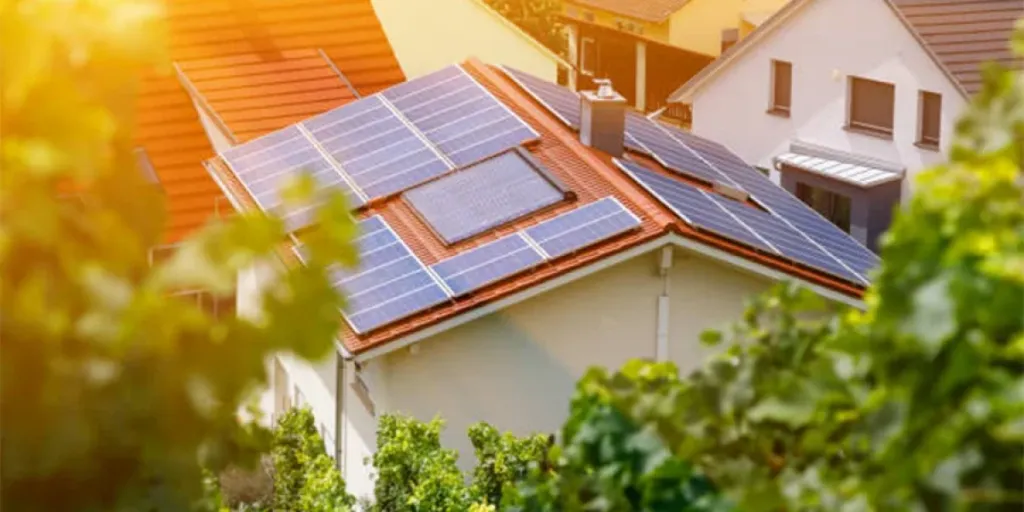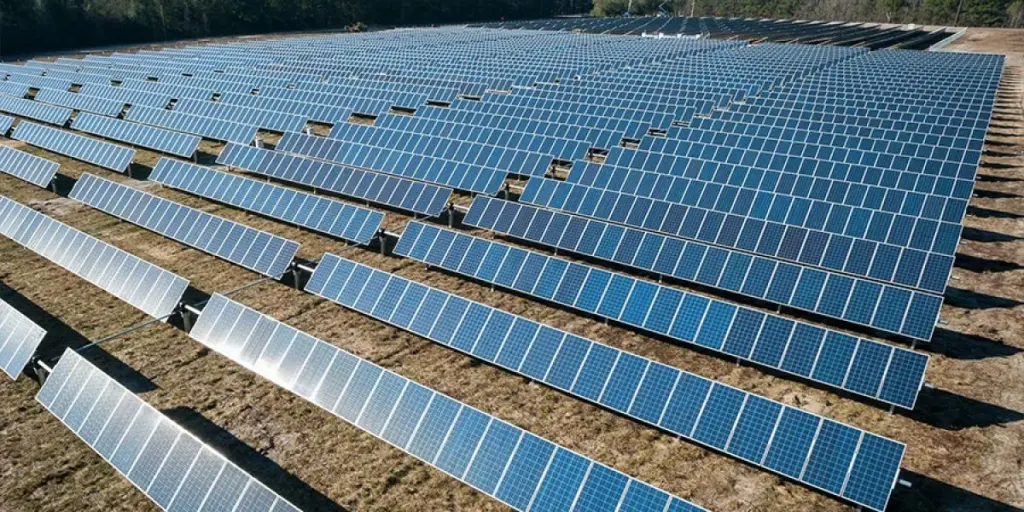- US solar industry is up in arms against some lawmakers proposing to have the waiver repealed for anti-circumvention tariffs
- It fears retroactive tariffs of up to 254% representing $1 billion will be imposed from April 1, 2022 if the resolutions are passed
- The country may end up losing $4.2 billion in private clean energy investments and as much as 4 GW of planned solar projects being cancelled in the event
As much as 4 GW of planned solar projects representing 14% of the US solar industry’s anticipated deployment in 2023 will be canceled if the US Congress decides to implement retroactive tariffs for solar imports, fear industry players and associations. This would lead to a loss of $4.2 billion in private clean energy investments.
The industry is opposing an attempt by some lawmakers to use the Congressional Review Act (CRA) that will repeal the 2-year waiver granted to potential anti-circumvention duties to be imposed on solar imports with regard to Auxin Solar petition.
According to a letter signed by more than 400 companies to the Congress, led by the Solar Energy Industries Association (SEIA), the industry says its investment decisions followed the waiver but now these decisions are threatened.
“If Congress enacts the Congressional Review Act to remove the pause put in place on solar tariffs, the solar industry will face devastating impacts nationwide,” said President of CleanCapital Jon Powers, one of the signatories to the letter. “Projects we are investing in and building right now might face multi-million-dollar retroactive penalties. This will unfairly penalize clean energy companies and significantly impede our nation’s ability to reach our net zero goals.”
In a separate letter to their members, SEIA, American Council on Renewable Energy (ACORE), and the American Clean Power Association (ACP), among others, call on to oppose the enactment of H.J. Res. 39/ J. Res. 15 resolutions. If imposed, it could lead to as much as 254% unanticipated retroactive duty liability or $1 billion, dating back to April 1, 2022.
Further, it could eliminate 30,000 jobs including 4,000 in manufacturing and $4.2 billion investment in domestic solar projects.
ACORE’s President and CEO Gregory Wetstone added, “The imposition of retroactive solar tariffs will create needless market uncertainty, further hampering our ability to meet America’s critical decarbonization goals. President Biden’s 2-year tariff moratorium is a practical compromise that allows continued access to imported components while domestic manufacturing ramps up.”
Having tariffs in place for 12 years did nothing to add to US manufacturing, the associations argue, but the Inflation Reduction Act (IRA) has led to new manufacturing announcements that could take the national capacity to over 47 GW.
Currently, the country’s domestic production capacity can fulfil about 1/3rd of the local demand for solar panels and domestic manufacturers are sold out for the next 2 to 3 years. Since ramping up this capacity and developing a local supply chain will take time, developers have no choice but to depend on imports. The waiver hence provides a ‘necessary bridge’ till domestic capacity can fully meet demand.
Source from Taiyang News
The information set forth above is provided by Taiyang News independently of Chovm.com. Chovm.com makes no representation and warranties as to the quality and reliability of the seller and products.





 বাংলা
বাংলা Nederlands
Nederlands English
English Français
Français Deutsch
Deutsch हिन्दी
हिन्दी Bahasa Indonesia
Bahasa Indonesia Italiano
Italiano 日本語
日本語 한국어
한국어 Bahasa Melayu
Bahasa Melayu മലയാളം
മലയാളം پښتو
پښتو فارسی
فارسی Polski
Polski Português
Português Русский
Русский Español
Español Kiswahili
Kiswahili ไทย
ไทย Türkçe
Türkçe اردو
اردو Tiếng Việt
Tiếng Việt isiXhosa
isiXhosa Zulu
Zulu